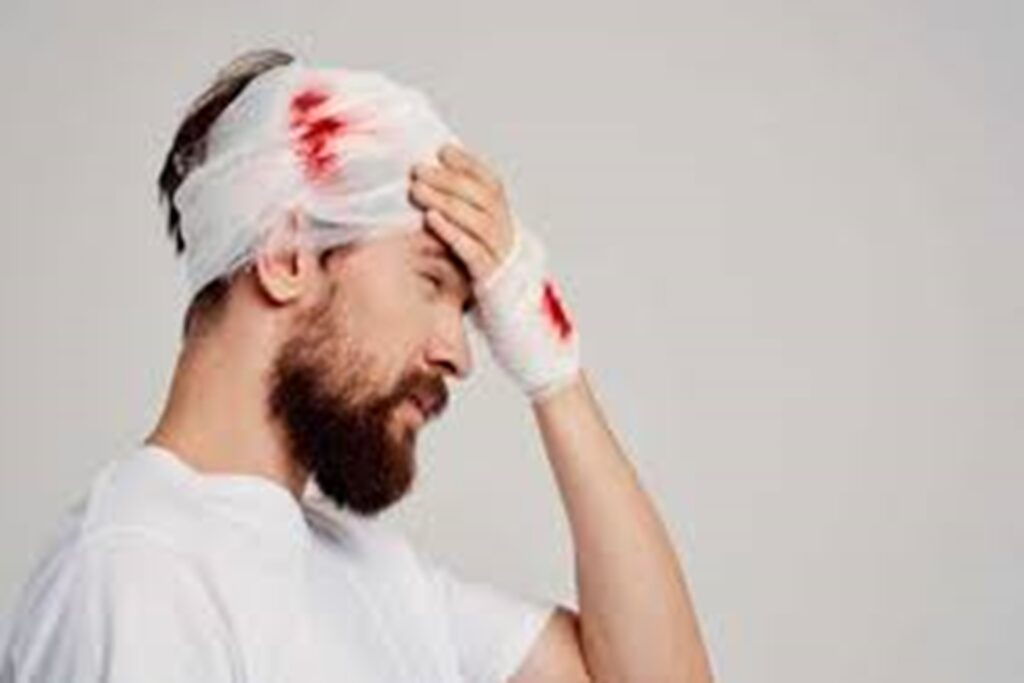
Overview:
Head injury refers to any trauma to the skull or brain, which can range from a mild bump or concussion to severe brain damage. This can occur due to accidents, falls, sports injuries, or violent incidents. Depending on the severity, head injuries can lead to physical, cognitive, or emotional changes that may require urgent medical care.
Causes:
Head injuries are commonly caused by accidents, falls, vehicle collisions, sports-related incidents, or physical assaults. Injuries may also result from blunt trauma, penetrating wounds, or high-impact forces that cause damage to the skull or brain tissue. Conditions like brain tumors, aneurysms, or strokes can also be secondary causes of head injuries.
Symptoms:
Symptoms of a head injury can vary based on its severity. Mild symptoms may include headaches, dizziness, nausea, and confusion. Severe head injuries can lead to unconsciousness, memory loss, seizures, weakness or numbness in limbs, or difficulty speaking. In some cases, a head injury may cause bleeding from the nose or ears, visual disturbances, or changes in behavior.
Treatment:
Treatment for a head injury depends on its severity. Mild cases may only require rest and observation, while moderate or severe injuries may need hospitalization, imaging (like CT scans or MRIs), and possibly surgery to relieve pressure on the brain. Medications can be used to manage pain, reduce swelling, or prevent seizures. Rehabilitation, including physical, occupational, and speech therapy, may be required to help recover lost functions.
Precautions:
After a head injury, it is essential to monitor symptoms closely, especially in the first 24-48 hours. Avoid physical activities that may cause further injury, and seek immediate medical care if symptoms worsen or new signs appear, such as vomiting, confusion, or difficulty waking up. Wearing helmets during activities like biking or contact sports can prevent many head injuries.
Prevention:
Preventing head injuries involves wearing appropriate protective gear, ensuring home and workplace safety, and practicing caution during high-risk activities like driving, biking, or participating in contact sports. Education on fall prevention, especially in older adults, can significantly reduce the risk of head injuries.
For expert care in treating head injuries, visit the KDM Hospital in Lucknow. The hospital provides comprehensive services, including ambulance availability, budget-friendly options, Ayushman card acceptance, and 24/7 access to experienced doctors.
